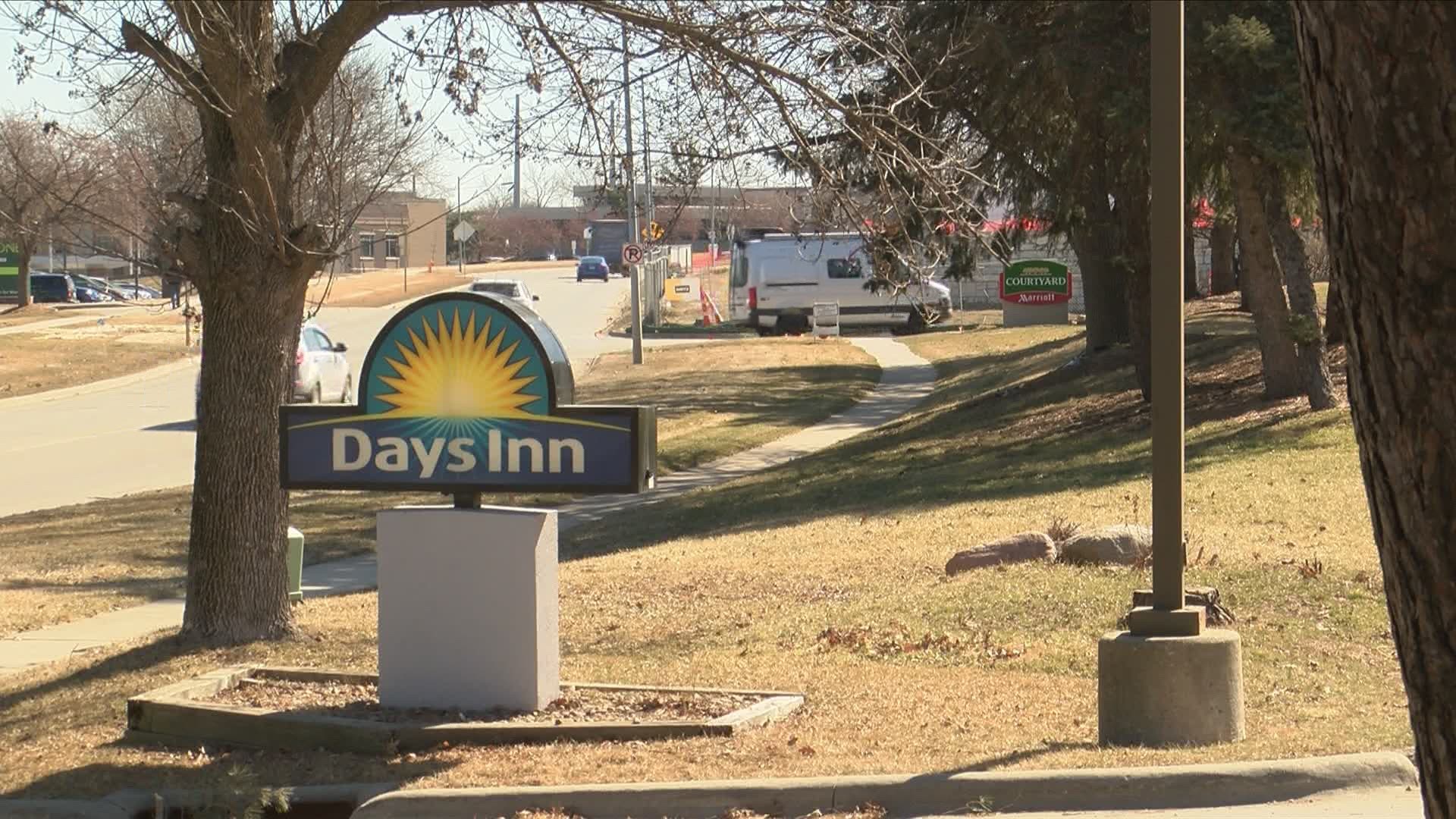DES MOINES, Iowa — Hotels, motels and other lodging businesses are teaching their staff how to report suspected human trafficking, and Iowa lawmakers are backing them up.
House File 2259 passed the Iowa House unanimously Thursday. The goal of the bill is to get even more lodging properties involved.
Many of the 149 lodging businesses in the Des Moines area already train their employees, but this bill could make it a priority for those who don't.
For example, the bill says if hotels and motels choose to not train their employees, they can't hold meetings and conventions.
That means their business could lose a lot of their revenue.
The bill wouldn't take effect until 2022, according to Iowa Lodging Association Executive Vice President Craig Walter.
"It will set down at least a baseline that the state would be looking at to make sure our properties are properly tested and certified," Walter explained.
The Iowa Senate is set to look over the bill next to keep it moving towards Gov. Kim Reynolds' desk.
You can still know the signs of human trafficking if you don't work in the hospitality industry.
Possible Signs of Human Trafficking
The National Human Trafficking Hotline (NHTH) says that human trafficking is a "form of modern slavery." It happens across the globe. Here are some signs the NHTH says you should look out for if you suspect someone is being trafficked:
Common Work and Living Conditions
The person(s) in question:
- Is not free to leave or come and go at will
- Is under 18 and is providing commercial sex acts
- Is in the commercial sex industry and has a pimp / manager
- Is unpaid, paid very little, or paid only through tips
- Works excessively long and/or unusual hours
- Is not allowed breaks or suffers under unusual restrictions at work
- Owes a large debt and is unable to pay it off
- Was recruited through false promises concerning the nature and conditions of his/her work
- High security measures exist in the work and/or living locations (e.g. opaque windows, boarded up windows, bars on windows, barbed wire, security cameras, etc.)
- Is living and working on site
- Experiences verbal or physical abuse by their supervisor
- Is not given proper safety equipment
- Is not paid directly
- Is forced to meet daily quotas
Poor Mental Health or Abnormal Behavior
- Is fearful, anxious, depressed, submissive, tense, or nervous/paranoid
- Exhibits unusually fearful or anxious behavior after bringing up law enforcement or immigration officials
- Shows signs of substance use or addiction
Poor Physical Health
- Shows signs of poor hygiene, malnourishment, and/or fatigue
- Shows signs of physical and/or sexual abuse, physical restraint, confinement, or torture
Lack of Control
- Has few or no personal possessions
- Is frequently monitored
- Is not in control of their own money, financial records, or bank account
- Is not in control of their own identification documents (ID or passport)
- Is not allowed or able to speak for themselves (a third party may insist on being present and/or translating)
Other
- Claims of just visiting and inability to clarify where they are staying/address
- Lack of knowledge of whereabouts and/or do not know what city he/she is in
- Appear to have lost sense of time
- Shares scripted, confusing, or inconsistent stories
- Protects the person who may be hurting them or minimizes abuse
The NHTH says that this list is "not exhaustive" and it represents only a selection of possible signs. Not all of these red flags exist in every case. Take each of these indicators into context, don't assume someone is being trafficked because they show one of these signs. The NHTH says to consider cultural differences as well.
Resources and Contacts
If you see something, say something. Here's a list of resources from the Iowa Attorney General's website:
- Call your local law enforcement agency by dialing 911 and reporting what you see
- For victim services in Iowa, contact the Iowa Helpline at 1-800-770-1650 or text "IOWAHELP" to 20121
- Call the National Human Trafficking Resource Center Hotline, toll-free, at 1-888-373-7888 (to report a tip or request services)
- For services for victims, click here to see regional service maps and contact information for programs
- For specific services to Human Trafficking programs funded by CVAD, click here.

